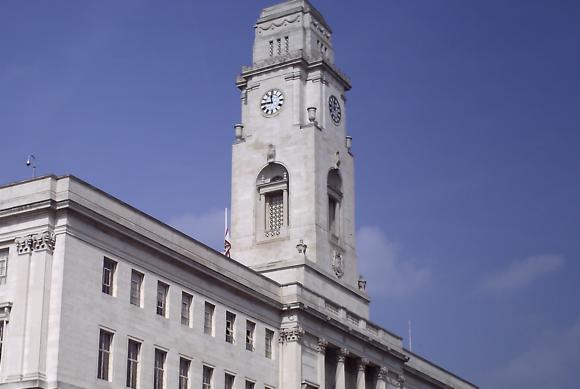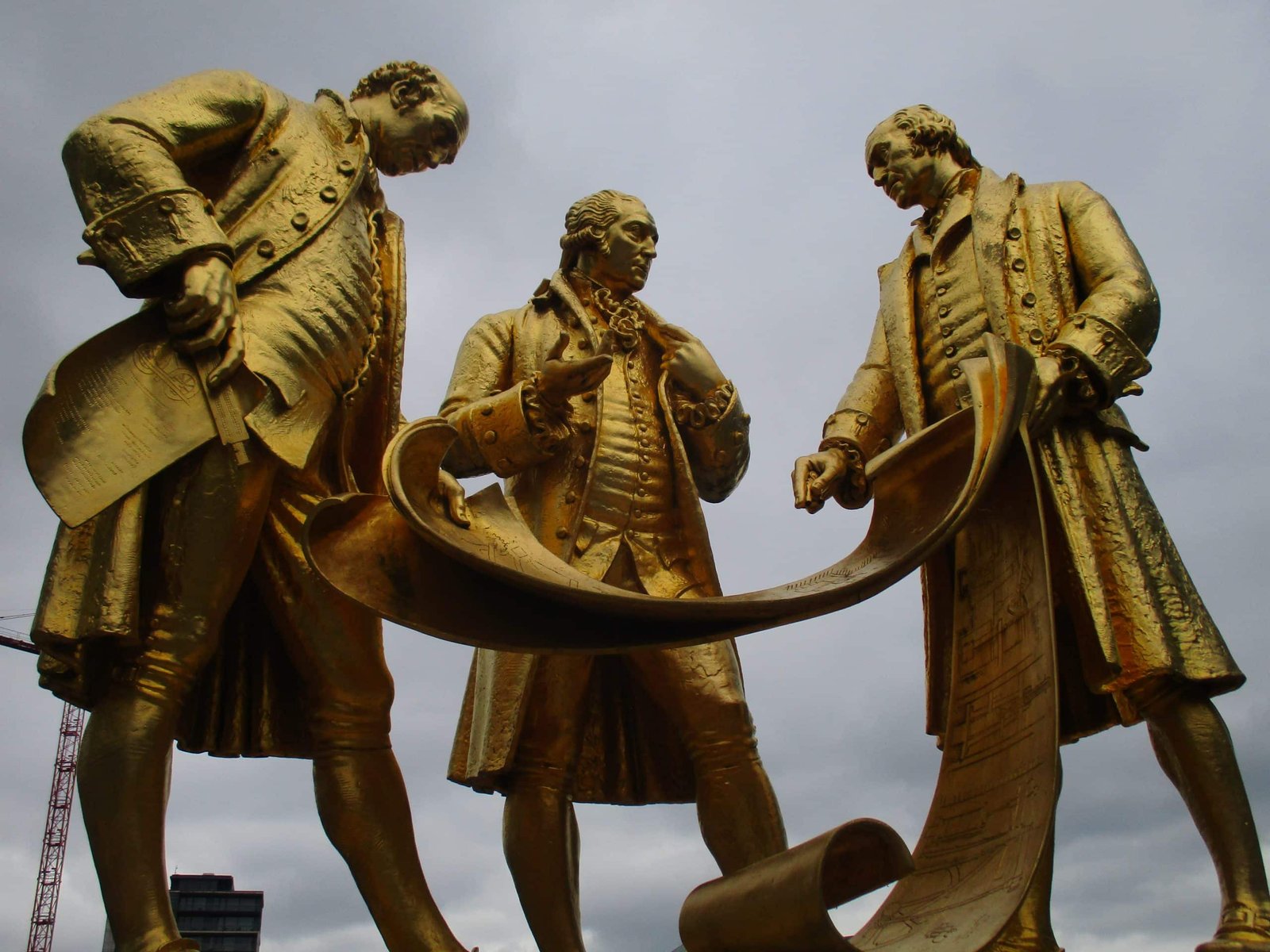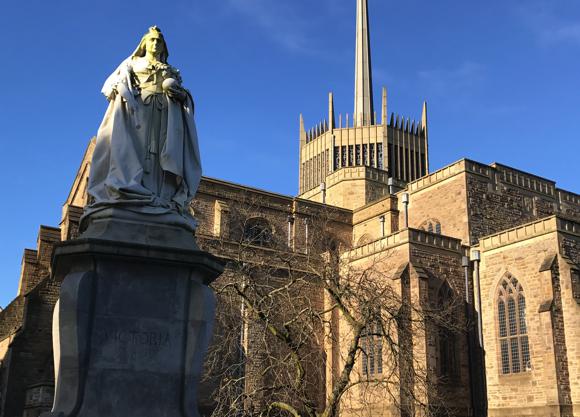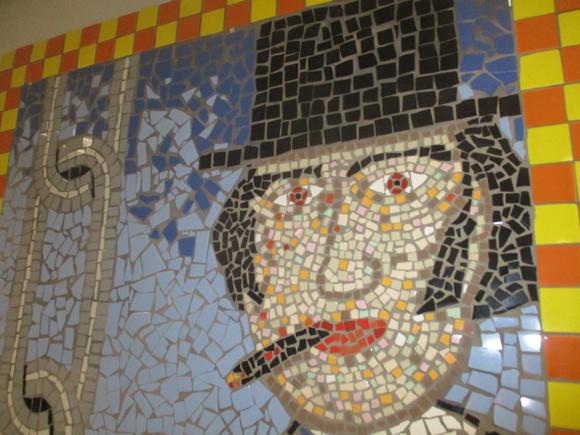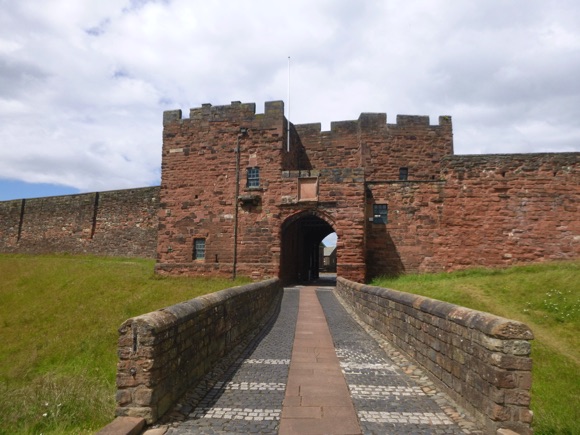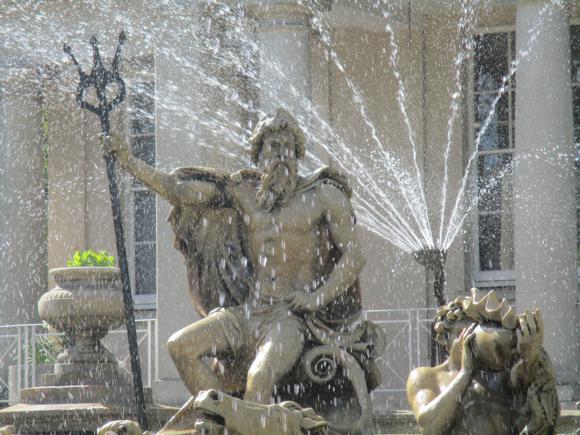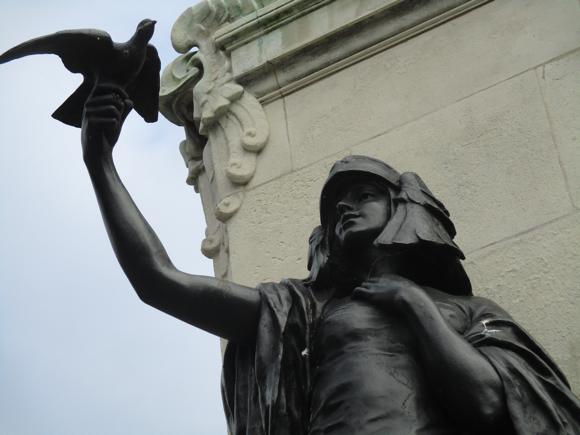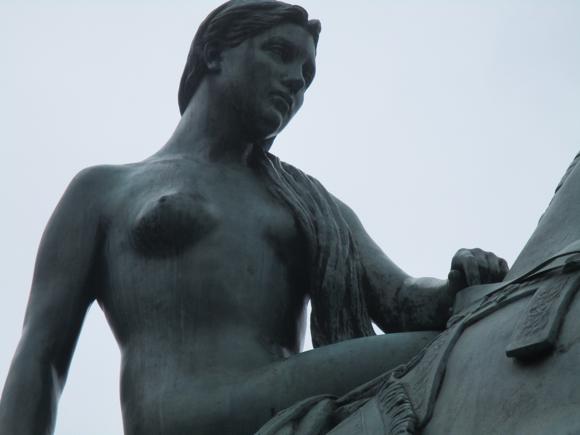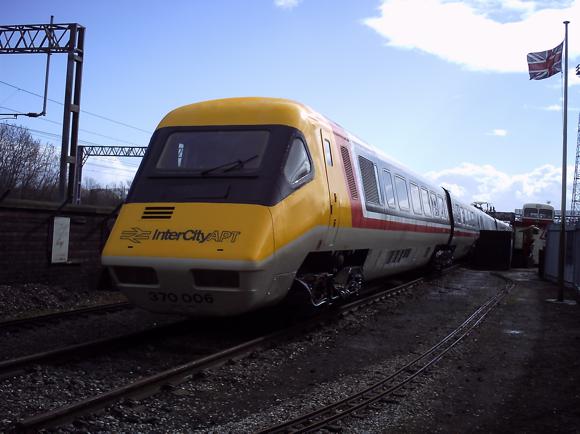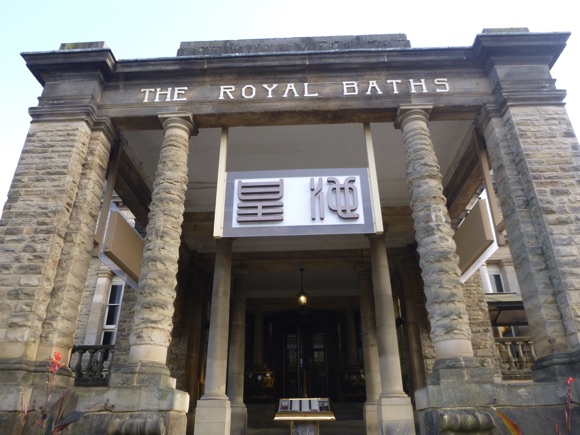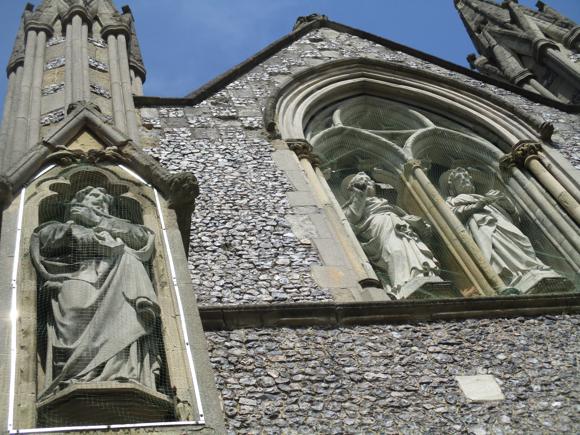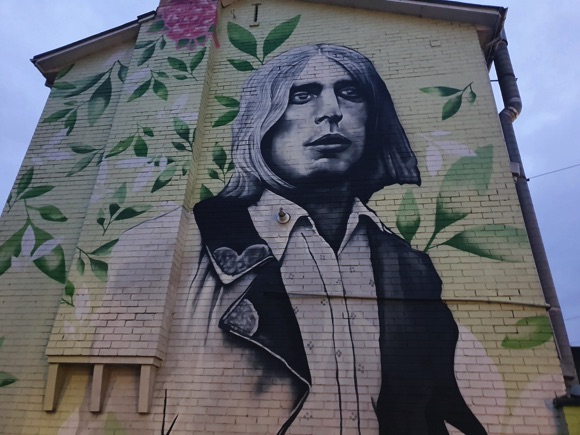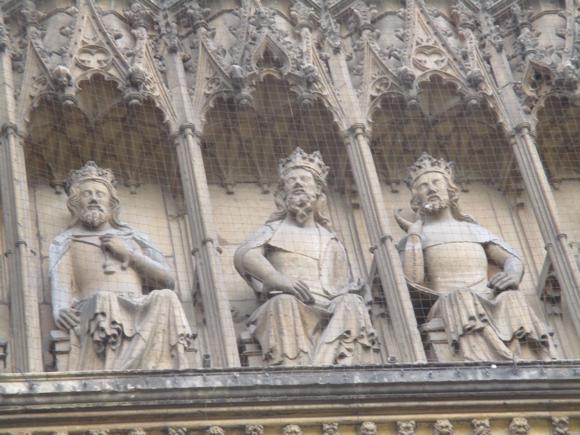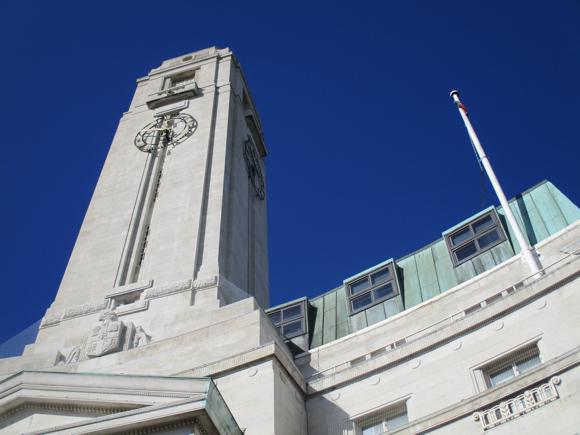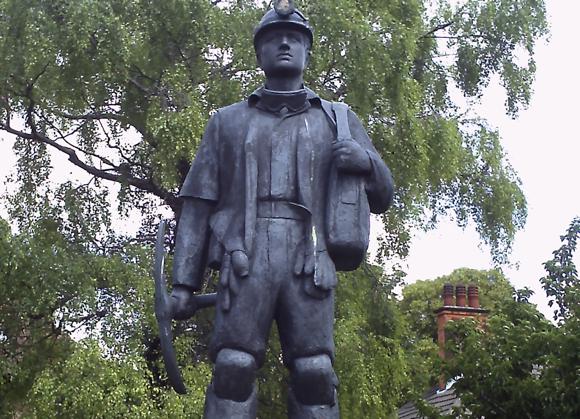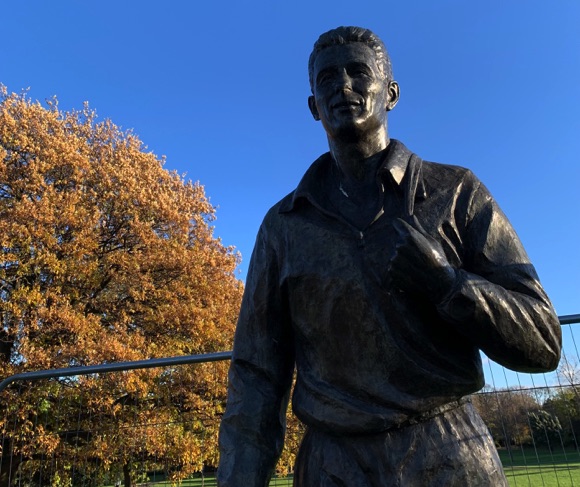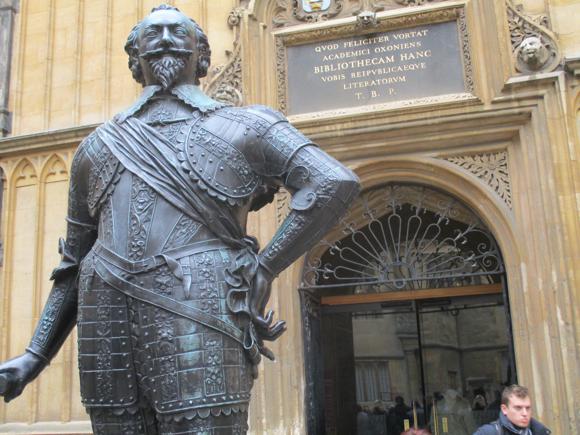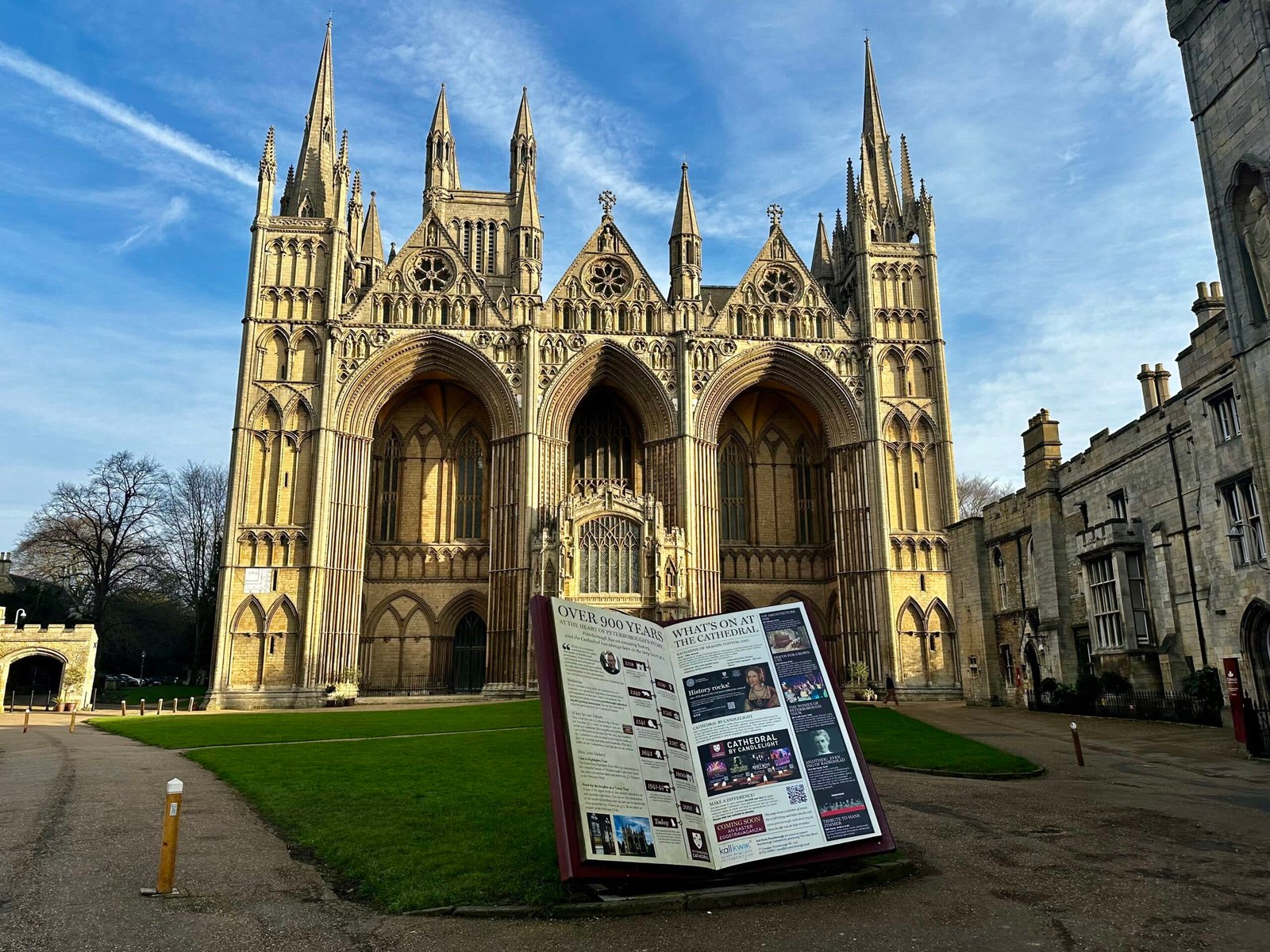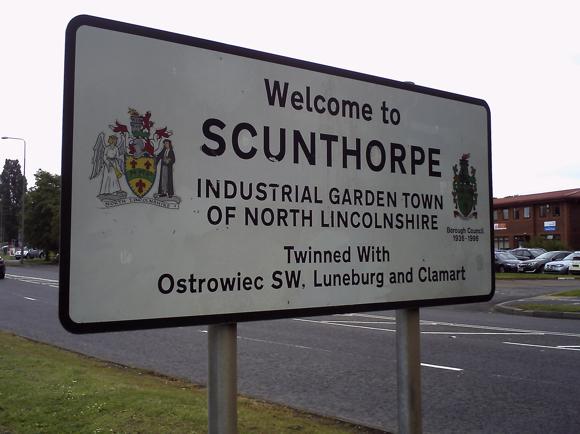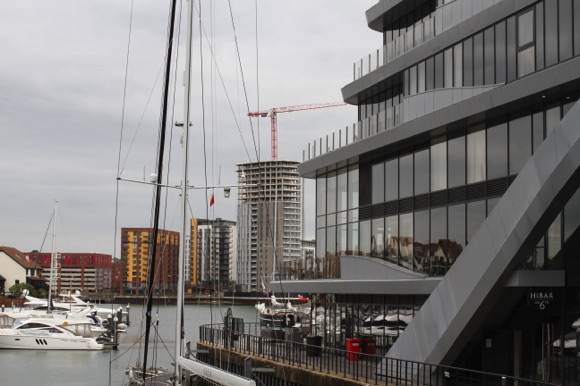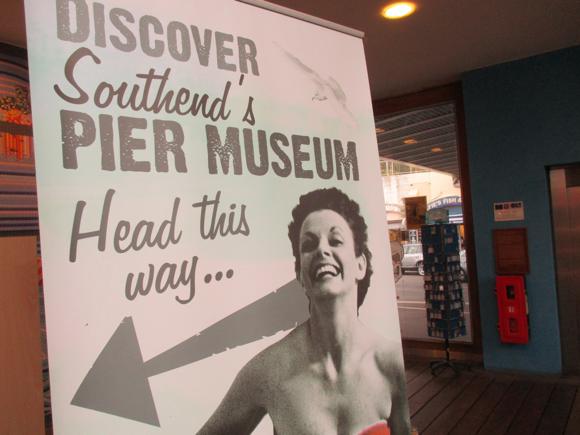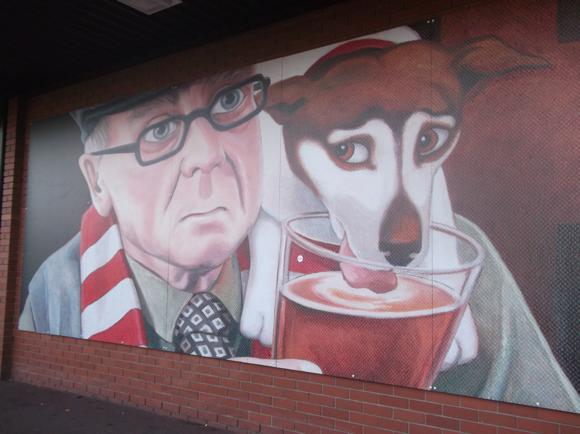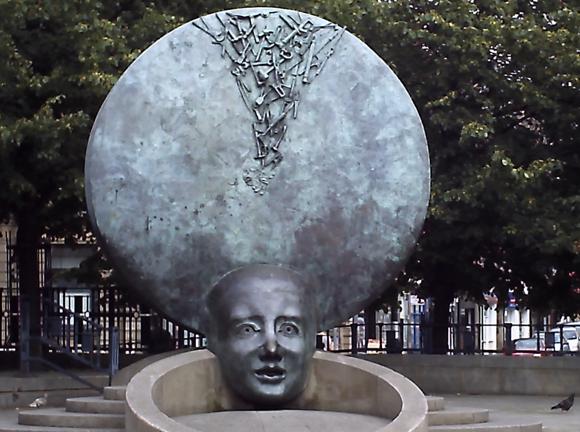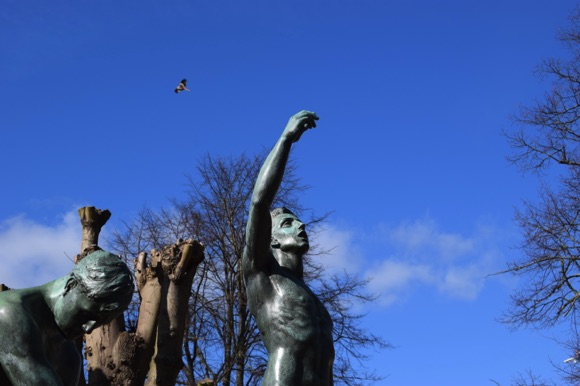Teams, tales and tips – a guide to the local game
Set between Blackburn and Burnley, Accrington lacks the footballing pedigree of its higher-achieving neighbours yet holds a curiously cherished position in the English game.
Former Lancashire Combination team Accrington Stanley clambered from the lowest level to reach League One in 2018. Stanley’s near 50-year odyssey began after the infamous collapse of their namesake predecessors in 1966.
The haunting image of a desolate Peel Park, home of the Accrington Stanley cut loose from the Football League in 1961-62, has a Titanic-like resonance. Back then, during the post-war economic boom, teams didn’t leave the Football League, not 33 games into the season. It just didn’t happen.
Stanley limped on in the Lancashire Combination for four seasons until the gates closed at Peel Park. The club name, itself unusual, its origins unconfirmed, hung about history books, a proud mill-town club from the Victorian era now football’s very own dodo.

Not only that, Accrington had form. In 1893, Accrington FC, one of the illustrious 12 founder members of the Football League, had thrown in the towel after losing a test match (read: relegation play-off) to Sheffield United. Playing at Thorneyholme Road across the railway line from the cemetery, Accrington had started brightly in the late 1880s but then struggled in a division top-heavy with teams from Lancashire.
An attempt to rejoin the League in 1894 failed by ten votes, to Bury. By 1896, Accrington FC were no more – Thorneyholme Road has remained home to the local cricket club to this day.
Lesser local rivals Stanley, possibly linked to Stanley Villa of the Stanley Working Men’s Club, adopted the town name. It’s not known how many players jumped the sinking ship of Accrington FC to join Stanley. Experienced lynchpin of his home-town club, member of Blackburn Rovers’ Cup-winning side of 1885 and England international, George Haworth retired the year before the 1893 withdrawal.

It was his nephew, John Haworth, who led newly founded Stanley from pub team to twice winners of the Lancashire Combination. Adopting the red shirts of his uncle’s Football League co-founders, Stanley became a viable semi-professional operation based at Moorhead Park, near the Crown Ground, home of today’s League One promotion chasers.
Haworth left to take Burnley to their only FA Cup win in 1914. Stanley moved to newly opened Peel Park in 1919 then, as prominent members of the Lancashire Combination, were granted access to the newly created Football League Third Division North in 1921.
While many cite Accrington’s misfortune in losing two league clubs in 1893 and 1962, it could be pointed out that it was the only town to provide founder members of the original Football League of 1888 and inaugural Third Division North.

Stanley would then become one of eight teams to play all 30 seasons in the division, finishing in the top three in each of its final four seasons under manager Walter Galbraith. The Scot created a team formed mainly of his own compatriots, plus striker Les Cocker, later right-hand man to Don Revie at Leeds and Alf Ramsey’s England of 1966. Taking Stanley into the newly created Third Division in 1958 thanks to their previous high-placed finish, Galbraith was instructed that his operational budget would be cut. He resigned.
With the nationwide travel expenses to factor in, the writing was on the wall. In May 1960, when Burnley won the league and Blackburn Rovers played in the FA Cup final, Stanley finished bottom of the Third Division with a goals against tally of 123. Crowds dwindled, debts spiralled.
In desperation, Stanley sought help from Bob Lord, the butcher’s boy turned chairman of rival neighbouring club Burnley. He first requested that six of Stanley’s board of directors resign on the spot. He then advised the Accrington side to send a letter of resignation to the Football League.

Concerned businessmen set about pledging the £63,000 Stanley owed to various creditors – including the £4,000 to other clubs that had instigated a transfer ban. Stanley quickly sent another letter to League headquarters, withdrawing their panicked request. The League was predictably intransigent. To the annoyance of the many teams who had taken points off Stanley over the course of 33 games, the club was withdrawn from the league, its results expunged, the final table for the Fourth Division of 1961-62 showing 23 teams.
For years afterwards, Peel Park stood like the Marie Celeste, its main stand of Accrington brick, the same brick used to build the Empire State Building, bearing a dilapidated hoarding for equally doomed local ale Massey’s.
In 1968 another Stanley came into the picture, local man Stanley Wotherington, a character straight out of Wallace & Gromit, who used the local library to announce the revival of the club name.
Two years later, Accrington Stanley started playing at the Crown Ground, named after the nearby pub. In 1995, pre-1962 Stanley player Eric Whalley took over his alma mater, developed the Crown Ground and oversaw his club’s promotion to the Football League a decade later.
Oxford United, the club elected to replace Stanley in 1962, happened to be the ones to be relegated in 2006. Accrington were back.
Getting Around
Arriving in town, local transport and timings

From Manchester Airport, 29km (18 miles) from Accrington, you can either take the train to Manchester Piccadilly, cross to Manchester Victoria by Metrolink line C then get the direct hourly train (£14, 1hr journey time) to Accrington – or, perhaps easier with luggage, go directly from the airport by train to Bolton (then change at Blackburn for Accrington, £14 single from Manchester Airport) or Preston (change for Accrington, £20 single from Manchester Airport). Overall journey time for either is 2hr.
From London Euston, take the hourly train to Preston (cheapest advance single £60, 2hr 45min overall journey time). From Birmingham New Street, also change at Preston (hourly, cheapest advance single £25, 3hr overall journey time). A PlusBus supplement (£2.50) with your train ticket allows all-day local bus travel.
Accrington station is a short walk from the city centre, the bus station right in town on Peel Street beside the mall and Market Hall. The ground is just off main Whalley Road, two miles north of town. Transdev buses run regular services to/from the train station at nearby Blackburn Road/Ellison Street, and from the bus station. A Blackburn1 day pass (£4.80) is valid for buses in Accrington and Blackburn. Pilkington buses also run to the ground, Dayrider pass £3.80.
Max Taxis (01254 555 555) are based near Accrington station and offers transfers with Manchester Airport (£25), as well as Liverpool/John Lennon and Leeds Bradford.
Where to Drink
The best pubs and bars for football fans


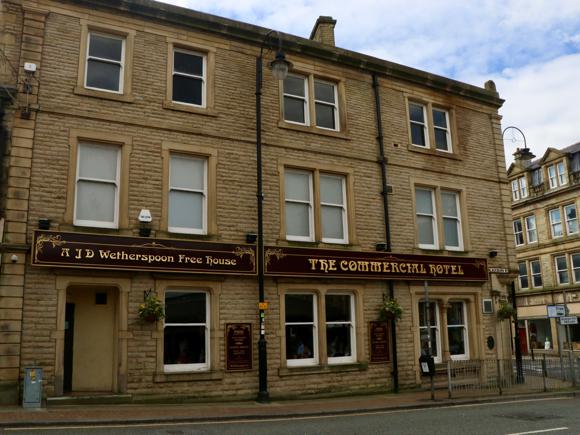

You’ll find plenty of pubs and bars on Blackburn Road and Church Street, on the same side of the town centre as the train station.
Sport-friendly The Railway is a good starting point, close to the station on Blackburn Road, with pool tables, a beer garden and DJs/karaoke of a weekend. On Church Street, The Commercial Hotel is the main Wetherspoon, large, prominent and wallet-friendly. Nearby on Manchester Road, comfortable Grants Bar is the outlet for the local Big Clock Brewery, with the widest range of drinks in town and a decent menu.
On the other side of the town-centre shopping mall, The Castle stands by the junction of Whalley Road and Eastgate – thanks to a campaign to save this music-focused traditional hostelry. Live sport another major feature.



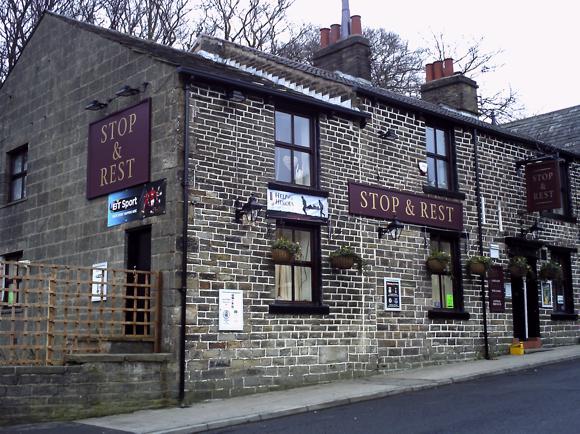
Close to the old ground east of town, the Peel Park Hotel remains a justifiably popular alehouse, warm and welcoming, happy to advise the occasional German groundhopper on which quality ale to sample. A section of brick wall and a plaque remain from Stanley’s old ground, used as a playing field by the primary school next door.
Slightly further out, the Whitakers Arms dates back centuries, now ever so slightly gastro but with fine views across the Ribble Valley and occasional custom from funerals at the nearby cemetery. It’s currently looking for new owners.
Outside Accrington around Oswaldtwistle, you’ll find a convivial rural pint at the Stop & Rest, known for its ales, and the White Bull by the local cricket ground, known for its quality food.
Where to stay
The best hotels for the ground and around town

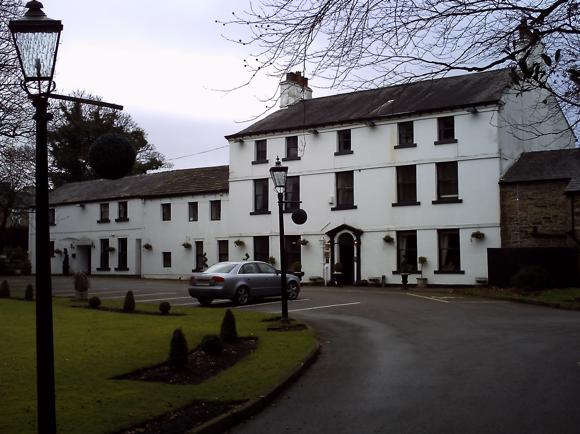


Visit Lancashire has an online hotel database with booking function.
With the Norwood Guest House and Maple Lodge now closed, there’s no lodging in the immediate vicinity of the ground.
Another 1km further up Whalley Road, away from Accrington, Sparth House lends itself to weddings, its luxurious grounds spread around a Georgian manor house dating back to 1740. Considering the comfort and quality of service, direct-booked advance rates are reasonable. It’s a short taxi journey to the ground or 5mins by bus 6, which also calls at Blackburn and Accrington stations.
Towards Blackburn, the Mercure Dunkenhalgh Hotel & Spa attracts visiting teams with its four-star facilities – golf course, quality spa, pool and modern gym – as well as its handy location just off the M65. It’s also a short taxi journey to the Crown Ground.
To stay in town, Pilkingtons B&B is an affordable and comfortable choice – in fact, it’s pretty much the only choice, and with free parking and a location by Accrington station, it’s a handy one too. Three-star rated by the AA. At a pinch, you could book one of the six guest rooms available at the excellent Castle pub, on the stadium side of the town centre at 75 Whalley Road.



